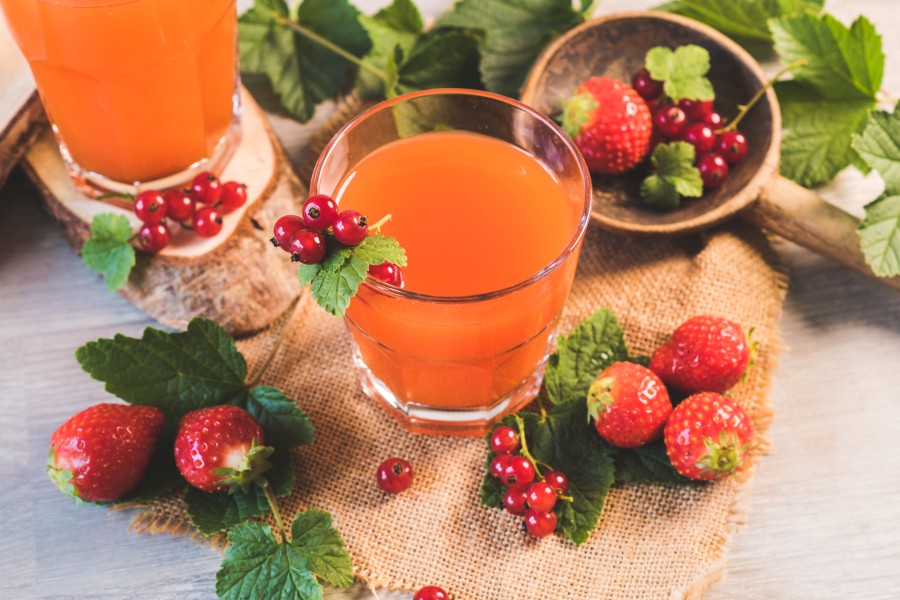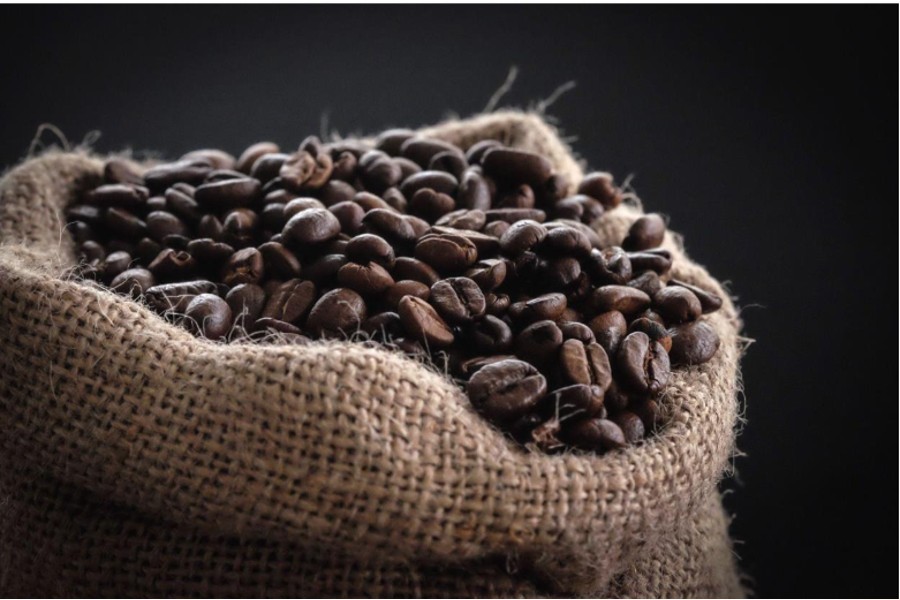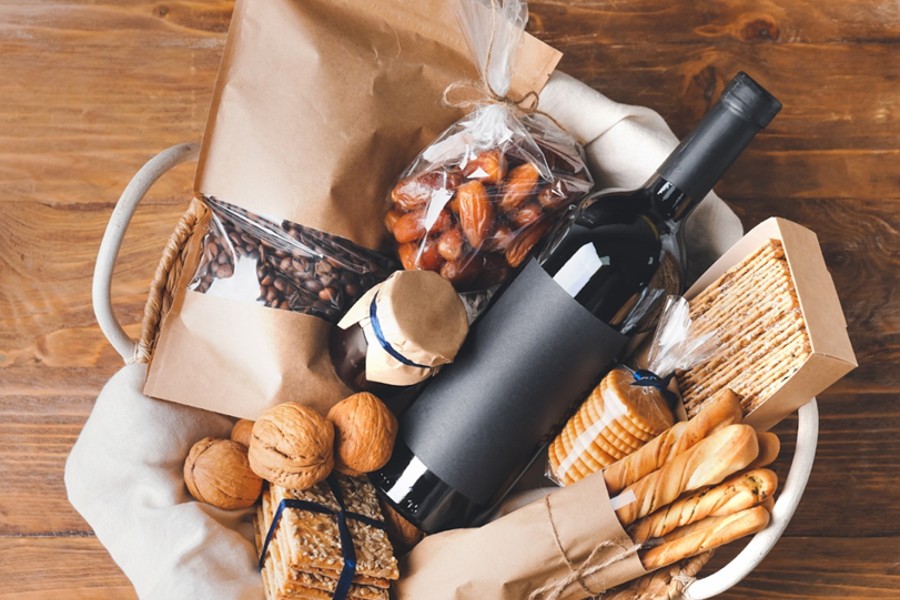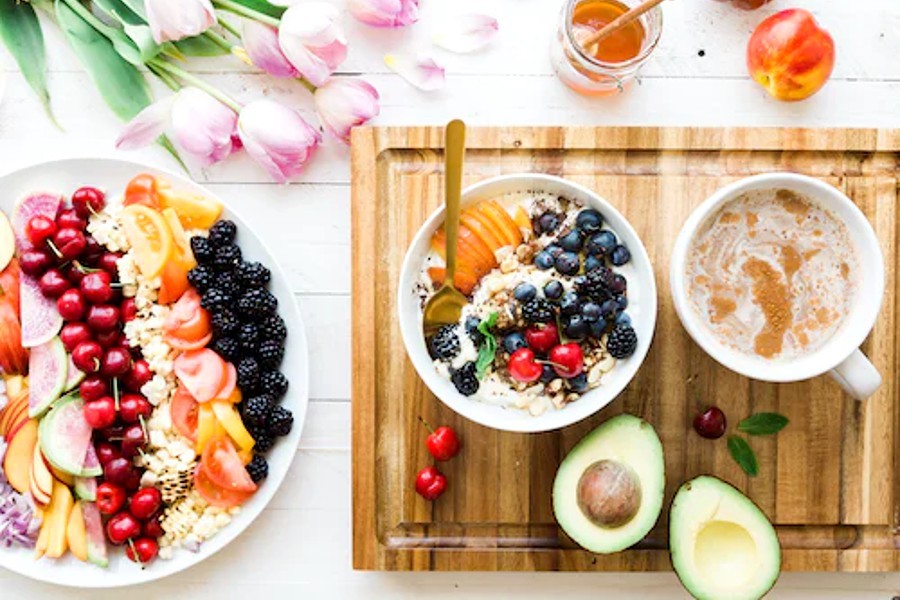
Dry January, also known as “Sobriety January” or “New Year’s Dryness,” is a popular annual event in which people abstain from consuming alcohol for the month of January.
While some people choose to participate in Dry January for personal reasons, such as to improve their health or save money, others may use it as a way to break unhealthy habits or as a stepping stone to longer-term sobriety.
In this article, we will discuss the benefits of Dry January and provide some alternatives for those who wish to participate but still want to socialize and have a good time without alcohol.
The Benefits Of Dry January
There are many potential benefits to participating in Dry January. Some of the most notable ones include:
- Improved Health – Abstaining from alcohol can have numerous positive effects on physical health. One benefit is that it can improve sleep quality. Alcohol can disrupt the sleep cycle and cause insomnia, but abstaining can help to improve sleep patterns and increase the amount of restful sleep you get. Additionally, abstaining from alcohol can reduce the risk of certain cancers and liver disease. Alcohol consumption has been linked to an increased risk of breast, colon, and liver cancer, as well as liver cirrhosis. Dry January can help to reduce the risk of these conditions. Additionally, alcohol can raise blood pressure, but abstaining can help to lower it. Finally, staying away from booze can improve overall cardiovascular health since it can increase the risk of heart disease and stroke.
- Weight Loss – Alcohol is high in calories, and cutting it out can help with weight loss efforts. On average, a 12-ounce beer has 150 calories, a 5-ounce glass of wine has 100 calories, and a 1.5-ounce shot of liquor has 100 calories. By cutting alcohol out of your diet, you can reduce your calorie intake and potentially lose weight. Additionally, alcohol can stimulate appetite and make it harder to resist unhealthy cravings. It can also lower inhibitions and make it easier to make poor food choices, but abstaining can help to improve diet and nutrition by eliminating this temptation.
- Increased Energy & Productivity – Alcohol can have a negative effect on energy levels and cognitive function. It can interfere with the body’s sleep cycle and cause fatigue, as well as impair cognitive function and concentration. By abstaining from alcohol, you can increase your energy levels and improve your productivity.
- Savings – Alcohol can be expensive, especially when consumed frequently or in large quantities. By abstaining from alcohol for a month, you can save a significant amount of money. Depending on your alcohol consumption habits, you could potentially save hundreds of dollars by participating in Dry January.
- Improved Relationships – Alcohol can sometimes contribute to conflicts and tension in relationships. It can lower inhibitions and lead to arguments or misunderstandings, as well as cause damage to trust and communication. By taking a break from alcohol, you can improve communication and strengthen bonds with friends and family. Abstaining from alcohol can help to create a healthier and more positive dynamic in relationships.
Alternatives To Alcohol
While Dry January is a great opportunity to take a break from alcohol, it doesn’t mean that you have to sacrifice socializing and having a good time. There are many dry January drink alternatives that can help you to stay sober and still enjoy social events. Some ideas include:
- Non-Alcoholic Beverages – There are many non-alcoholic options available, such as soda, juice, water, and tea. You can also get creative and mix your own mocktails or virgin cocktails using fruit, juice, and other ingredients.
- Games & Activities – Instead of relying on alcohol for entertainment, consider organizing games or activities that everyone can participate in. This can be a great way to have fun and bond with friends and family without alcohol.
- Food & Snacks – Food can be a great way to bring people together and provide a social element to events. Consider serving up some tasty appetizers or desserts that everyone can enjoy.
- Cultural Events – Look for cultural events in your area, such as concerts, festivals, or art exhibits, that provide an opportunity to learn and experience something new without alcohol.
- Outdoor Activities – Take advantage of the good weather and participate in outdoor activities, such as hiking, biking, or sporting events, which can provide a fun and healthy way to socialize.
How To Succeed at Dry January
If you decide to participate in Dry January, here are a few tips to help you succeed:
- Set A Clear Goal – Decide why you want to participate in Dry January and what you hope to achieve. Having a clear goal will help to motivate you and keep you on track.
- Plan Ahead – Think about what you will do and how you will handle social situations that involve alcohol. Having a plan can help to make it easier to stay sober.
- Find Support – Consider enlisting the help of friends and family to keep you accountable and motivated. You can also consider joining a support group or online community for additional support and encouragement.
- Be Mindful Of Triggers – Pay attention to situations or emotions that may trigger a desire to drink alcohol, and plan ahead to cope with them in a healthy way.
- Stay Hydrated – Make sure to drink plenty of water and other non-alcoholic beverages to help you stay hydrated and avoid temptation.
- Take Care Of Yourself – Make sure to get enough sleep, eat well, and engage in self-care activities to help you feel your best during Dry January.
Dry January can be a great opportunity to take a break from alcohol and improve your health, relationships, and overall well-being. While it may be challenging at times, there are many alternatives to alcohol that can help you to stay sober and still have a good time. With a clear goal, a plan, and a supportive network, you can succeed at Dry January and enjoy the benefits of a sober lifestyle.
Become a Harlem Insider!
By submitting this form, you are consenting to receive marketing emails from: . You can revoke your consent to receive emails at any time by using the SafeUnsubscribe® link, found at the bottom of every email. Emails are serviced by Constant Contact








